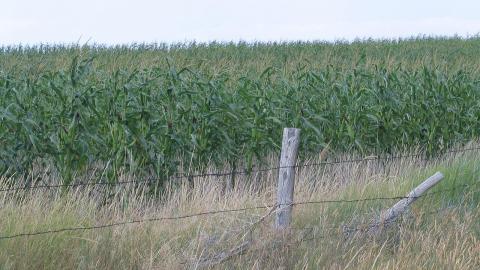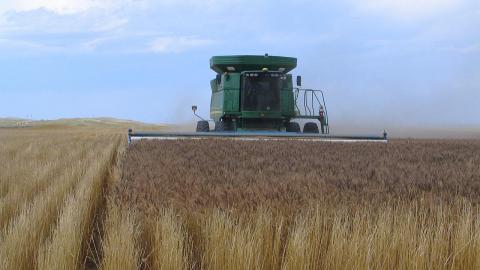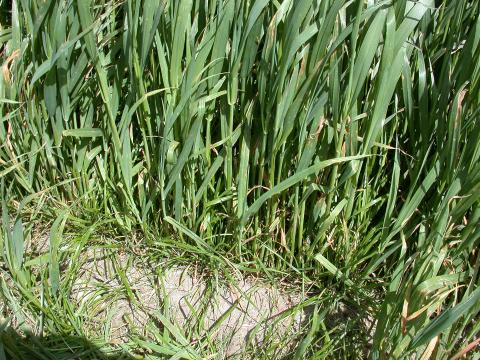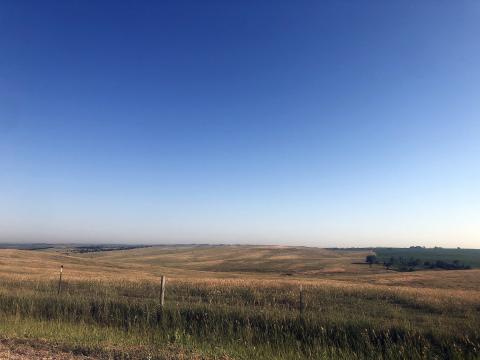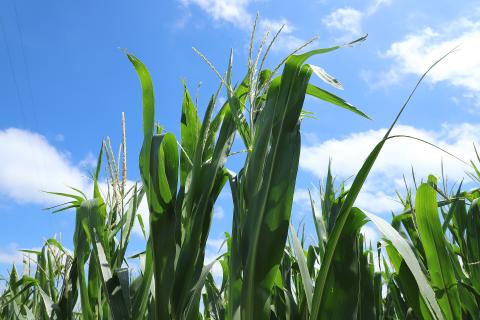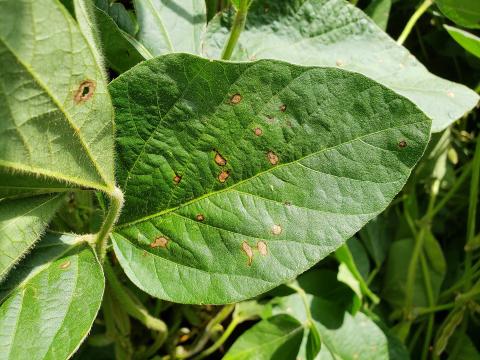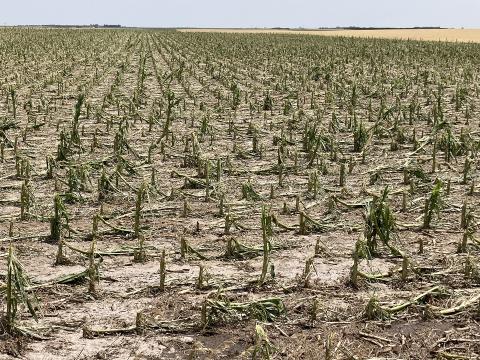Successful Grain Marketing Focuses on Establishing a Financially Successful Farm Price
July 22, 2021
This Center for Agricultural Profitability article highlights the role of expected revenue in relation to production costs in making the grain marketing decision as well as the creation and importance of your farm’s average selling price.
Long Term Profitability, Balance and Growth of the Farm or Ranch Business
July 22, 2021
Nebraska Extension Agricultural Economist Matt Stockton examines the relationship between profitability and farm management in a balanced operation, and what it takes to be a skilled agriculturalist.
Pasture and Forage Minute: Alfalfa Weed Control, Planting Oats for Extra Forage
July 22, 2021
This week, extension educators review summer weed control strategies for alfalfa, the benefits of using oats as a fall forage crop, plus the latest information on the 2021 Nebraska Grazing Conference.
2021 Forage Field Day Events Planned for Nebraska, South Dakota
July 22, 2021
This year’s program will focus on both annual and perennial forage systems, looking at traditional corn silage, more novel options like small grain silage, and managing alfalfa survivability. Certified Crop Advisor continuing education units are available.
USDA to Survey County Small Grains Acreage
July 21, 2021
The U.S. Department of Agriculture’s National Agricultural Statistics Service (NASS) will survey producers in 32 states, including Nebraska, to collect information on total acres planted and harvested, and yield and production of small grains crops down to the county level.
Nebraska Corn Growth on Schedule, Soybeans Slightly Ahead of Average
July 21, 2021
For the week ending July 18, 2021, corn silking was 54%, equal to the five-year average. Soybeans blooming was 74%, ahead of 62% average.
Corn and Soybean Disease Update: Southern Rust, Frogeye Leaf Spot, and Phytophthora Root and Stem Rot
July 21, 2021
Following identification of southern rust, Phytophthora root and stem rot, and frogeye leaf spot in areas throughout the state, producers are encouraged to scout and be prepared to apply the appropriate fungicide treatments.
Farmers: Know How to Respond to Hail Damage
July 19, 2021
In the aftermath of the severe hail, farmers have numerous tasks to complete before replanting or destroying damaged crops. CropWatch's Hail Know resource can assist producers with each step of the process.


